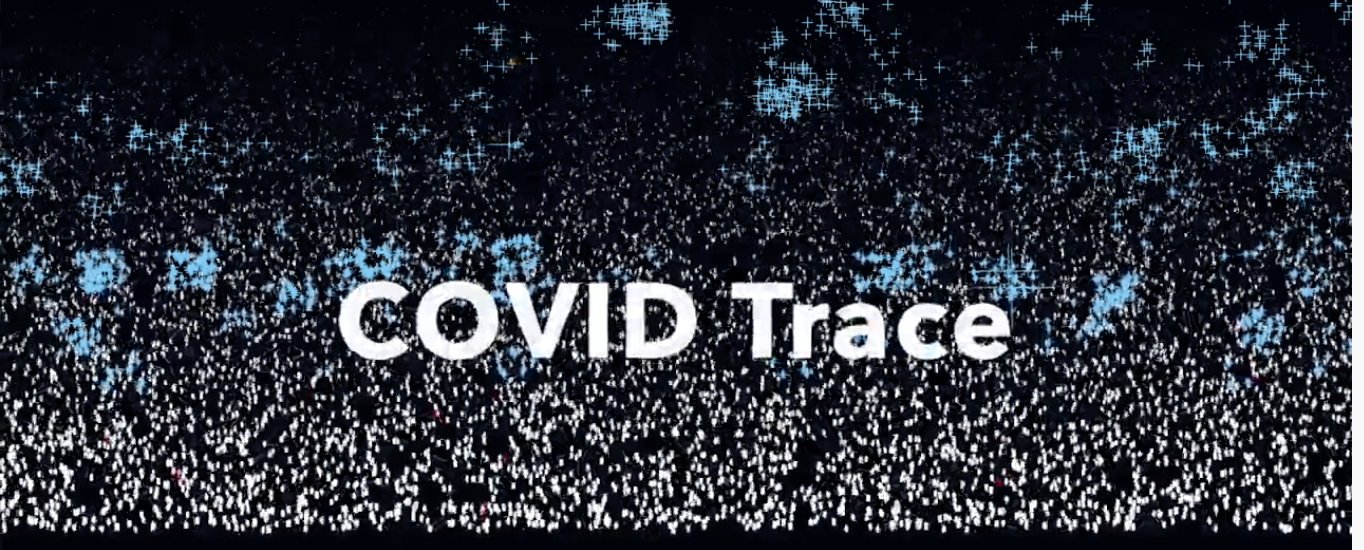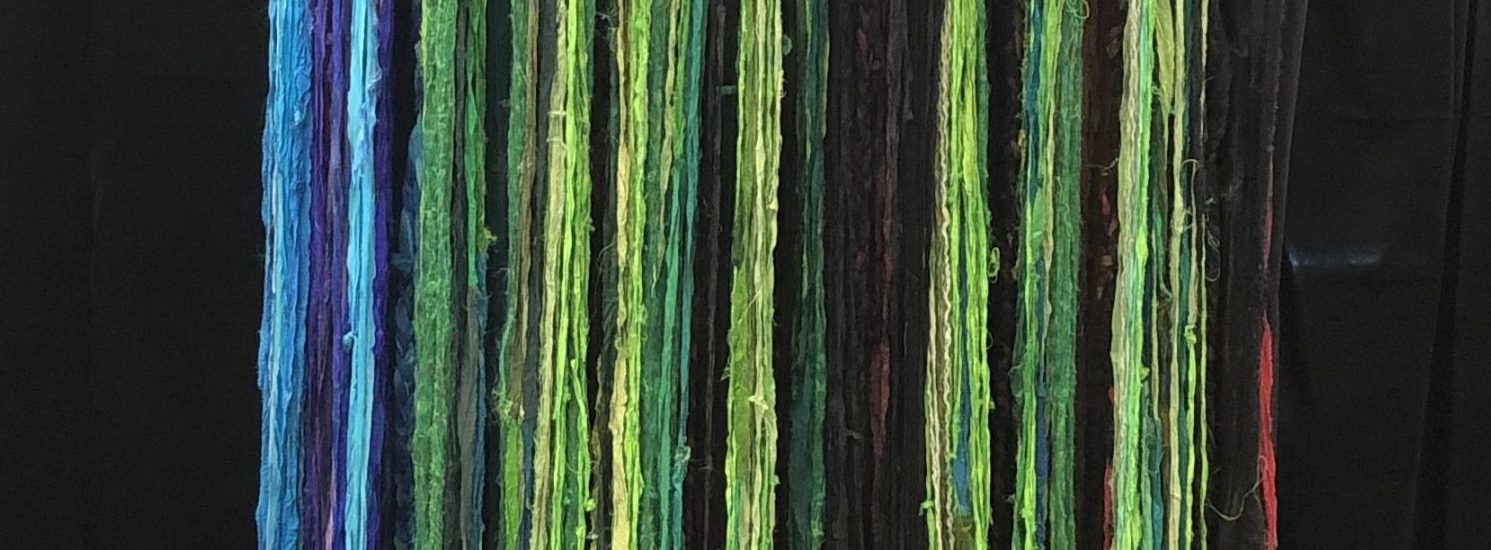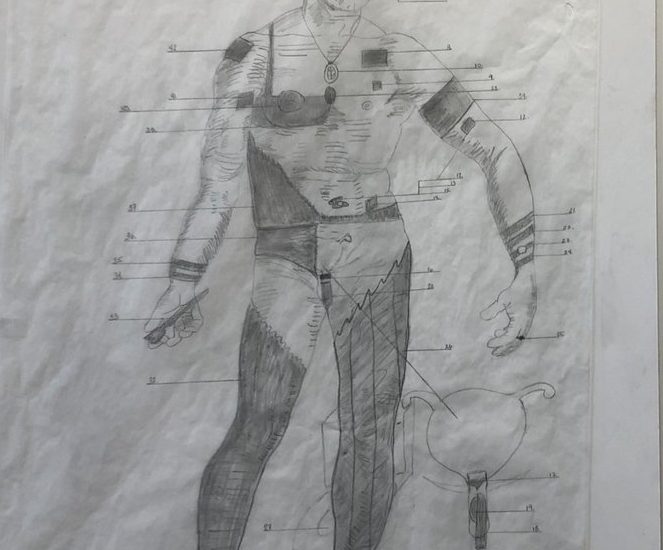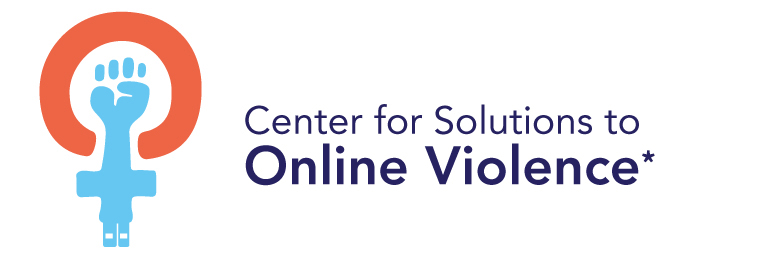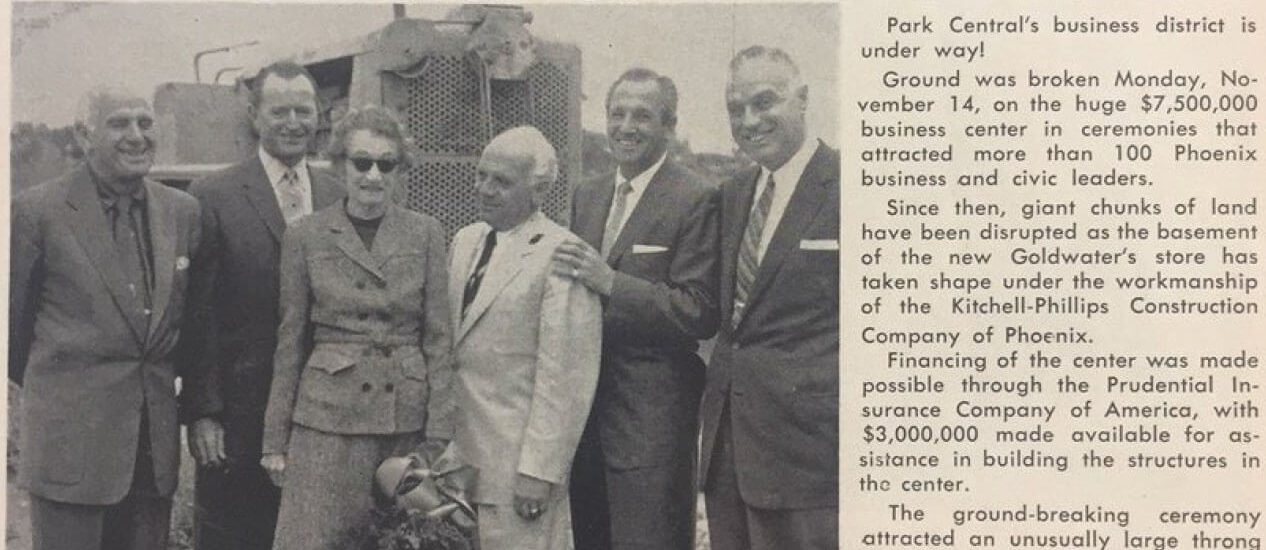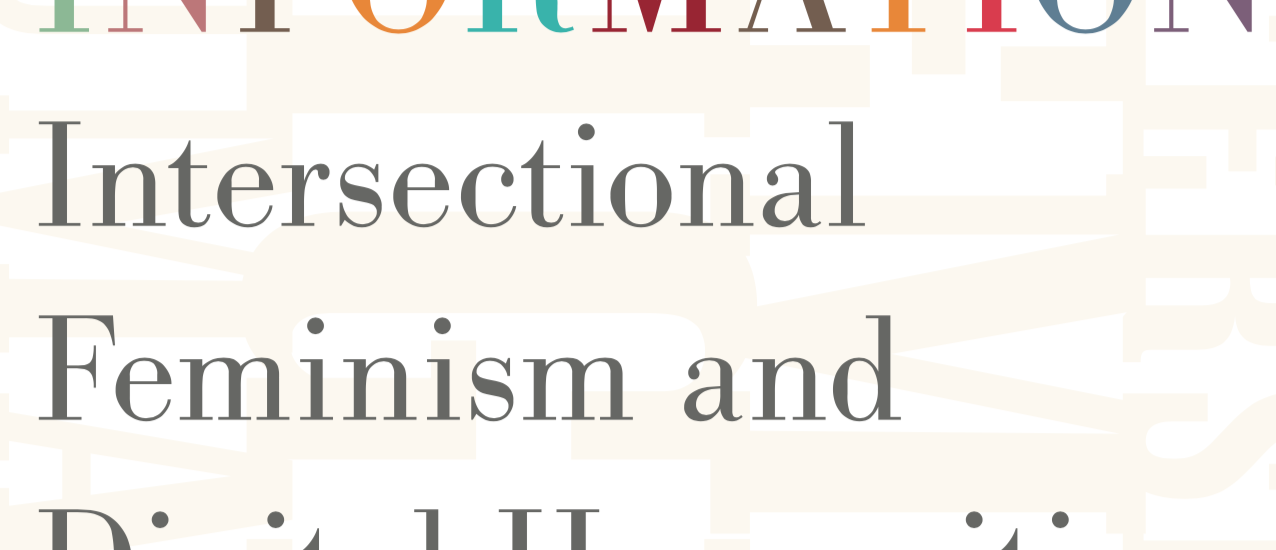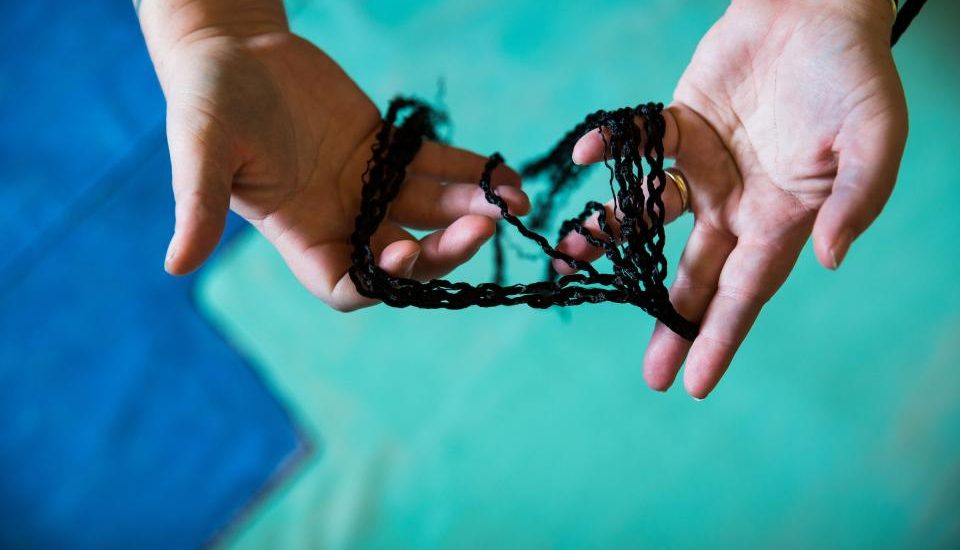The work of THATCamp Feminisms deserves much more writing than I have in me right now – I’d like to talk about the challenges we faced, from strange website issues, to hacked project pages, to missing people whose funding fell through as well as the amazing outcomes and insights – the power of the local and of the national, new apps to be built and communities to grow, and rich […]
Learning about "notability" and thinking print dependence
I’m a new wikipedia editor. If I make it past the fourth day, I will have reached the status of “Established Editor” – apparently most people don’t make it that long. I feel a little bit like Atreyu approaching the Southern Oracle in The Neverending Story. I hope I don’t get zapped and I have a sense that there is something a bit mysterious about this test. But a couple […]
Notes for #tooFEW Edit a thon
In preparation for Friday’s #tooFEW Wikipedia Edit-a-thon, I spent some time watching the great training session that Adrianne Wadewitz did for a Pitzer class taught by Alex Juhasz. To help those who are coming to our local editing party and those who will be working virtually, I’ve written up a few rather lightweight notes. I really recommend watching the video in full – these notes are intended as reference for […]
Creating a voice and a place with digital tools
The following post written by Beatriz Maldonado draws on her experiences in the “Creating Archives” course at Scripps College. Unfamiliar Territory When I began this course, I was pretty unfamiliar with online resources for archives, museums, or academic sites. In some ways I felt that I wasn’t “allowed” to go into that sphere, that I was not academically prepared to find, challenge, or really even use a broad variety of […]
#tooFEW Feminists Engage Wikipedia
Like Moya Bailey, I am really looking forward to our THATCamp Feminisms (TCF) kick off event. TCF is a national event happening in local spaces. Part of our local/national effort is a collaborative event called Feminists Engage Wikipedia. Women and men around the country (heck, it could be the world) are invited to sign into Wikipedia, edit targeted entries and add new ones to help improve and increase the quality […]
THATCamp Feminisms @ Scripps College
I’m looking forward to our upcoming THATCamp Feminisms, hosted at Scripps College, March 15th and 16th. Normally I’d link to our site so that you could check out our planned workshops, suggest a session, or register. Unfortunately, the THATCamp sites have been hacked and are down. While I’m generally not prone to conspiracy theories – this is the second time that the THATCamp Feminisms sites have been down and I’m […]
on histories, federation, and funding
I had the pleasure of offering a NITLE Shared Academics Seminar yesterday on the topic of Gender and Women’s Studies and Digital Humanities. We had a great group of people in attendance and there was a robust conversation around issues of infrastructure and funding. One of the challenges of being the seminar leader is that it’s a bit difficult to keep up with the chat while moving through a presentation, […]
The audacity of work
I have a new sense of appreciation for Tanya Clement’s excellent “I am a woman and I am a mother and I do DH” post from Day of DH 2012. Right now, her sense of the “audacity” of being a mother in academia feels very real – particularly a sense of danger that is written into the word. When people ask how the holiday break was, I cringe. I generally […]
A Digital Archive Webography
This is a draft of a resource for the Scripps Digital Archives course – I’d be happy to add your favorite digital archive to the list! Core III: Creating Archives Digital Webography (+) Glossary of archival terms About the Human Genome Project Aggregated 18th century resources Archimedes Palimpsest (history of math and digital imaging technology) Archive Grid: Explore the World’s Archives Archives Next blog: “The problem with the scholar as […]
A run in with a controlled vocabulary
When is a pesthouse not a pesthouse? When it’s been run through the Library of Congress subject heading ringer – then it’s a hospital. The Counting the Dead project is currently developing a set of XML/TEI encoded texts for use in a future full-scale archive. As a fledgling project, however, that full-scale implementation is a future goal. In the short term, we’re creating an Omeka-based smaller archive and developing a […]
